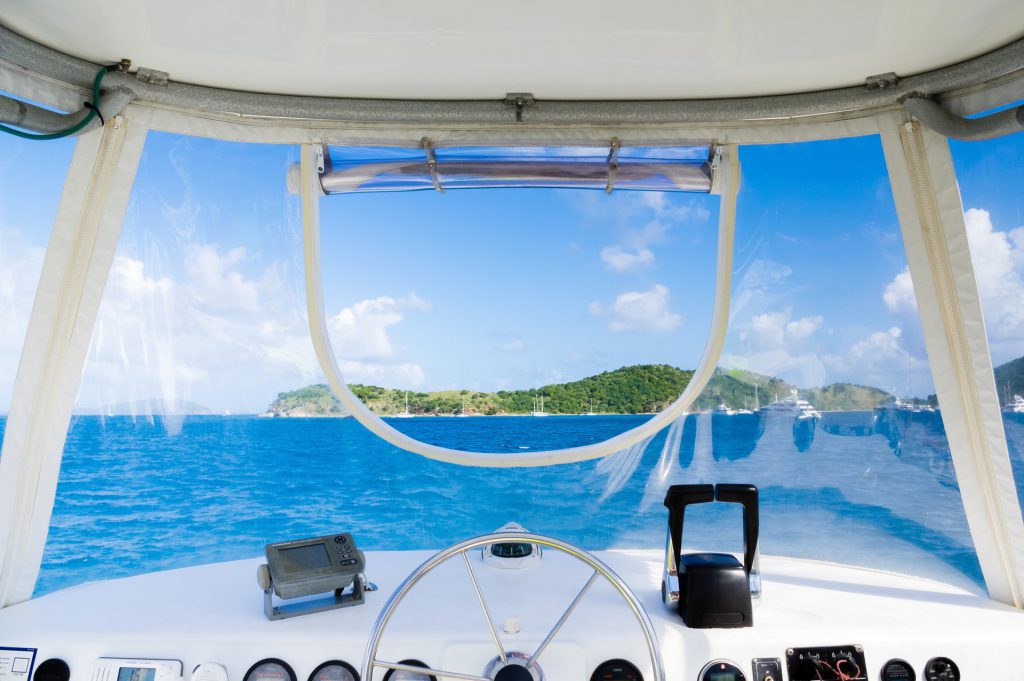Boating is generally fun and relaxing but whether you have 10+ years’ experience or just a few. It is always a good idea to refresh on boating safety before departing.

Check Local Weather
Don’t forget to check weather forecasts before departure. Radio and MET office forecasts can be a good source for quick information. Similarly if the winds become rough or if you experience a significant change in the cloud whilst on the water; it is best to dock at the next safest opportunity.
Common Sense
In crowded areas it is essential to use common sense. Staying alert to make sure there is sufficient time to steer clear of larger vessels that may not necessarily be able to turn with ease. A safe speed should be operated at all times throughout the waterways. Likewise, navigation aids such as buoys should be respected. They are used to ensure boating safety and that of others through the water in busy areas.
Boating Safety and Departure Checks
An easy way to make sure no boating safety rules or precaution are overlooked is to complete a pre-departure checklist. A simple check of life jackets, tools and spares, fire extinguishers, plus fuel and oil could make a huge difference to the safety of the boat. Similar to a car MOT, a vessel safety check could be considered. A specialist can look at the boat and make helpful recommendations to improve the safety.
Fire Precautions
On average, there are 20 fire related accidents and injuries that occur on a boat annually. Although unlikely it should always be prepared for. Multiple linked optical sensor smoke alarms can be fitted to ensure the alarm can be heard for any part of the boat. These alarms should be tested regularly.
Float Plan
Either a family member or staff at the marina should be made aware of your float plan in case of emergencies. They should know the name and contact numbers of everyone aboard, the boat type, registration and trip itinerary. As well as knowing the type of communication and signal equipment aboard supposing they need to pass on important information.




